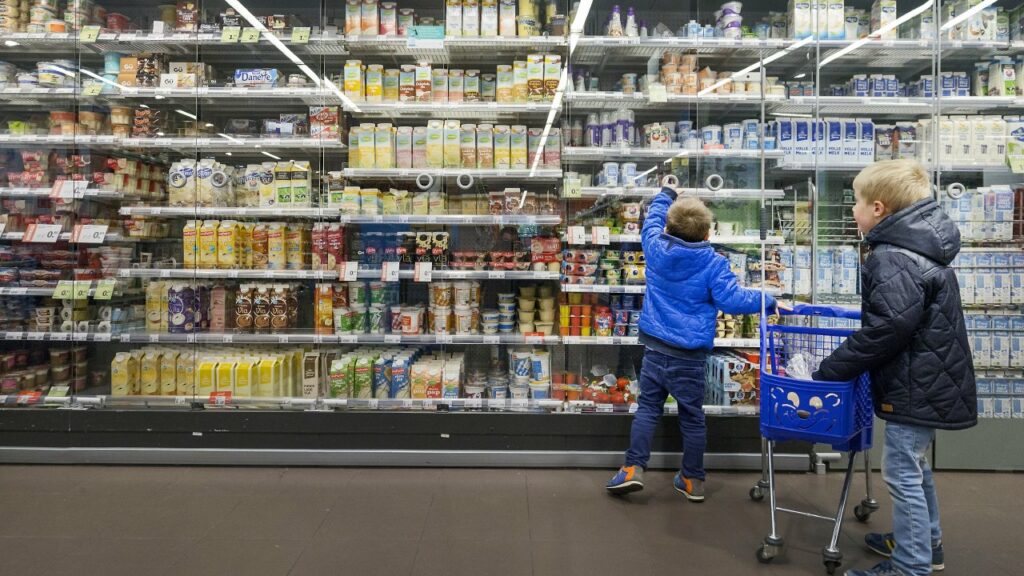In the United Kingdom, the 'Not for EU' labels on some food products are causing confusion. While the label is intended for products that can no longer be exported to EU Member States after Brexit, many shoppers assume that it has to do with lowered food standards.
Many British people think that the 'Not for EU' label on a number of food products in supermarkets means that they are not of sufficient quality for the European Union, and that they should therefore not be exported – resulting in numerous complaints on social media.
However, this is not the case. Since October 2023, all meat and some dairy products moving from Great Britain (England, Scotland and Wales) to be sold in Northern Ireland have been required to carry the labels.
As part of the post-Brexit Windsor Framework between the UK and EU, the move is meant to ensure that the products are not transported further to EU Member States, such as the Republic of Ireland, for example.
Nothing to do with quality
While there has been no problem so far, the British Government will now expand the system to the entire UK – meaning not only products sold in Northern Ireland, but also products sold in England, Scotland and Wales will receive the label.
This system will only come into effect from October 2024, but some supermarkets appear to be introducing the 'not for EU' labelling system early. However, due to poor communication from the British authorities, many shoppers do not know this.
"The 'Not for EU' label is designed to support retailers and supermarkets to move food and drink products between Great Britain and Northern Ireland as smoothly as possible," a spokesperson for the UK government told Politico.
Related News
- Northern Irish airports demand return of duty-free shopping amid Brexit limbo
- 'In good faith': EU and UK to formally adopt Windsor Framework on Friday
"It means suppliers will not have to establish different production lines to be able to sell goods in Great Britain as well as Northern Ireland, ensuring products remain on the shelves and consumer choice is maintained," they added.
Food standards in the United Kingdom have hardly changed since Brexit, apart from some disagreements over pesticides.

